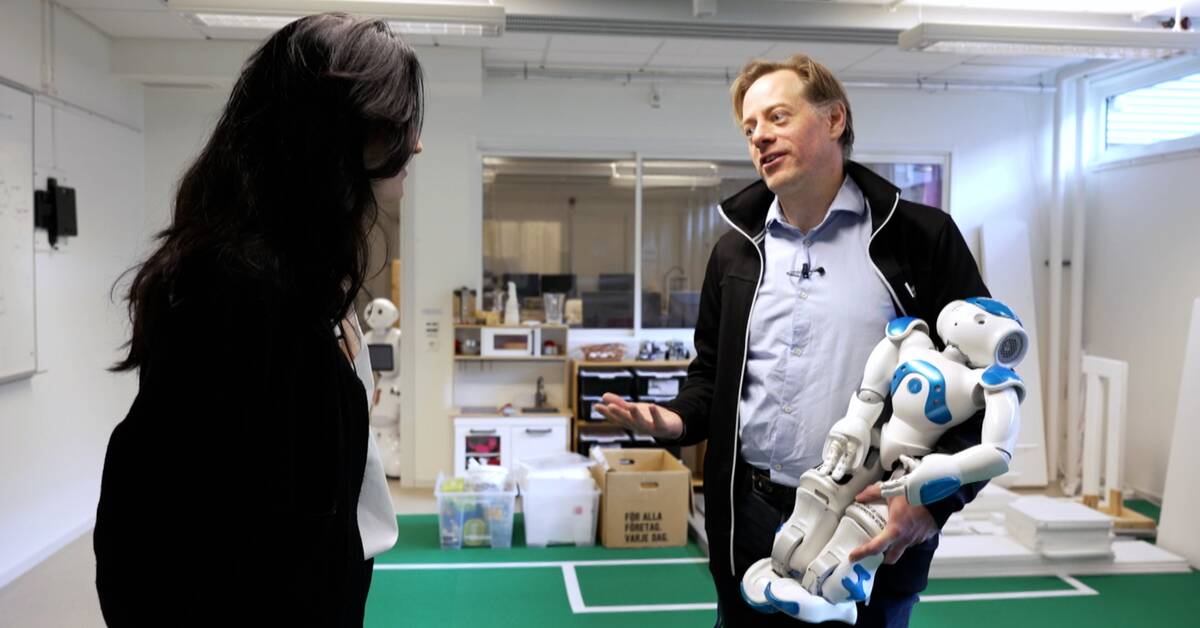When the hyped chatbot GPT was released last fall, it performed better than 10 percent of all people on the U.S. college entrance exam. Since then, it has gotten hastily better. The GPT-4 that arrived in March could hit 90 percent of all people, according to the company Open AI.
Fredrik Heintz, professor of computer science at Linköping University, does not think that Swedish politicians are doing enough for Sweden to keep up with the rapid development:
"I think there is a great risk that Sweden and Europe will fall behind. That you do not take advantage of the opportunities to the same extent as others.
He wants Sweden to invest more in research, innovation and development in the area, and says that more investment is needed.
"A challenge with self-image"
Despite the fact that Sweden was successful in the early digitalization, and has cultivated global success companies such as Spotify and Skype, this does not mean that Sweden will continue to be so, according to Hertz.
"I think there's a challenge with the self-image there.
According to Minister of Labour Johan Pehrson (L), the solution starts in school:
"We need to invest a huge amount in the school from the first grade. We must focus on maths and science, it is absolutely central for Sweden to be a leading nation when it comes to AI.
Javascript is turned off
Javascript must be turned on to play video
Learn more about browser support
The experts' AI alarms are loud and fast – but it is not uncommon for new technology to be met with warnings.

